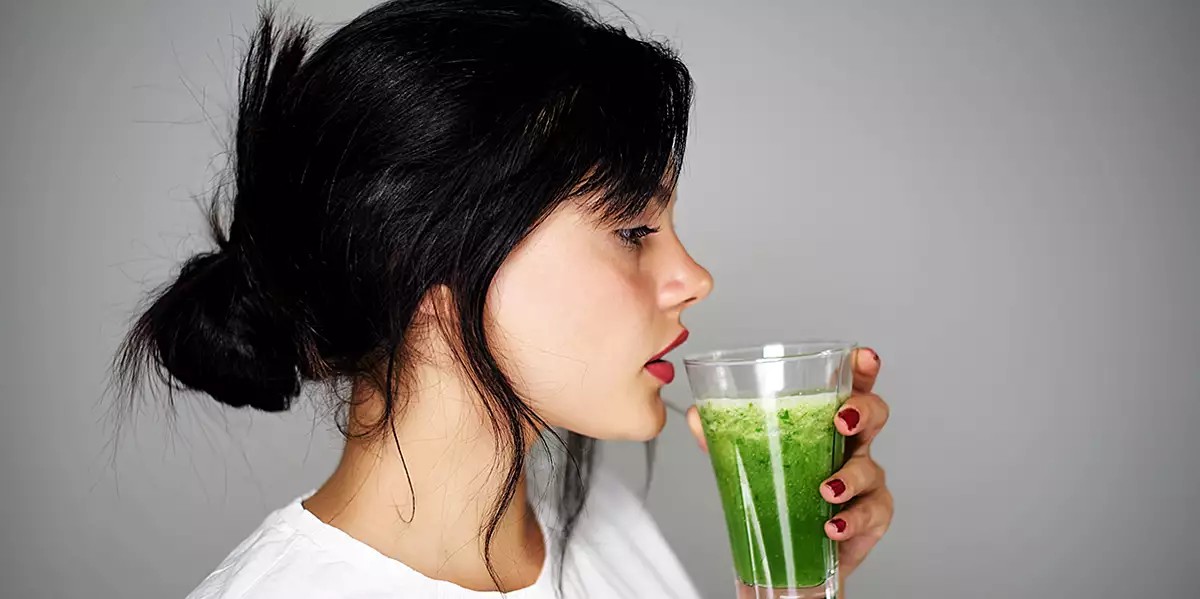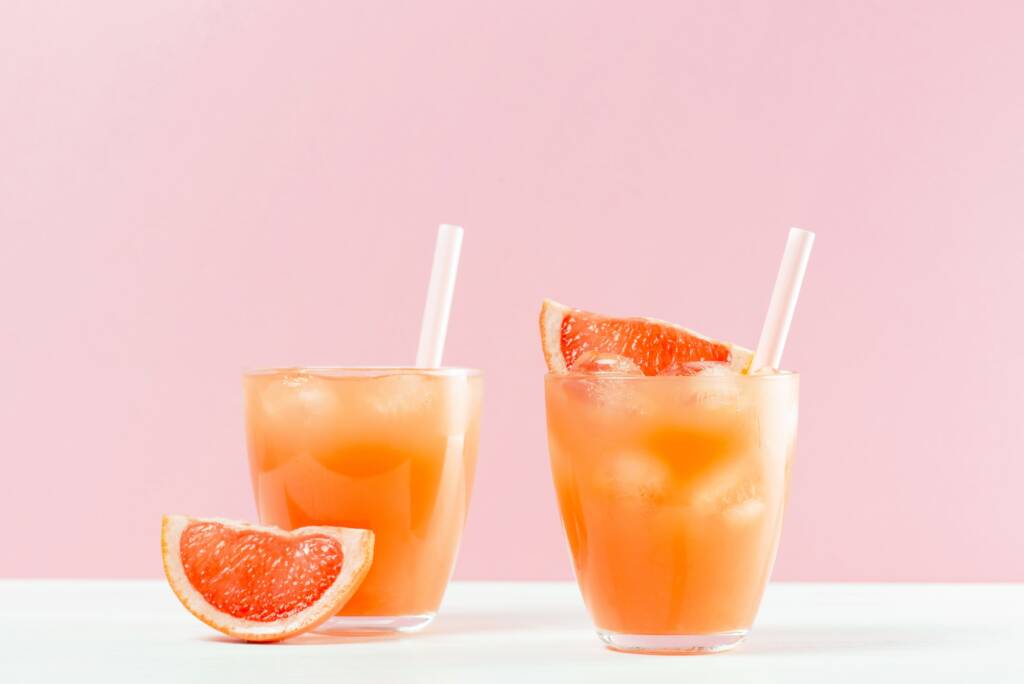Juicing is a process that involves extracting juice from fruits and vegetables. This process helps detoxify the body, give it more energy, and make it healthier.
A juice fast is a diet that involves fasting for a period of time while juicing fruits and vegetables. It has been used as a therapeutic treatment for many health conditions such as diabetes, cancer, heart disease, etc.
It has also been used to improve weight loss goals by reducing appetite and boosting metabolism.
What are the Benefits of Juice Fasting?
Juice fasting is a type of diet that involves drinking only juice for an extended period of time. The benefits of this diet are numerous and can help people lose weight, detoxify the body, and improve their mental health.
The most common benefits of juice fasting are:
1) Weight loss
2) Detoxification
3) Mental health improvement
It’s been said that juice fasting can help you lose weight because it limits the number of calories you consume. It also helps to clear out the toxins in your body, which may be one reason why it has been shown to reduce blood pressure and cholesterol levels.
Some juice fasts may also be done to reduce inflammation. This means that they could help keep your joints healthy, reduce the risk of cancer, and prevent some types of heart disease. Studies have shown that juice fasting can help people with a variety of serious illnesses such as cancer, auto-immune diseases, HIV/AIDS, and kidney failure.

Phases of Juice Fasting
Before Fasting
It’s important to figure out why you’re doing your juice fast before you start. Different juices have different benefits, and if you don’t know what outcome you want, starting with one that’s so good for weight loss might not be the best idea. This is also a great way to reset your digestive system.
Effective juices fasts are quite different from magic weight loss pills and jumping on the bandwagon of fads. The need for lifestyle changes requires commitment, mindfulness, and consistency.
My advice is that you should plan your juice fast on a day when there are fewer demands on your time, such as during the weekend. Additionally, you should consider not doing a juice fast if you have to travel.
During Fasting
Reach the Quota
If you’re detoxing, try to aim for 60 oz. of juice every two hours during your day. That’s 16 ounces per hour from 8 a.m. to 6 p.m., so it’s expected that you’ll be taking a break for the rest of the 8 hours if you need it.
Drinking plenty of water is one of the most effective methods for increasing your calorie and fluid intake. It also helps to reduce bloating and fight off occasional constipation. If you want, you can also consider adding a few extra servings per day but still try to drink about six cups total.
Add Veggies & Fruits
Adding some fruits like lemons, limes, blackberries and raspberries to your meal is a great way to get additional nutrients such as antioxidants or lower sugar content. You can use these fresh fruits to create an amazing dish or serve them in side dishes.
Put Some Solids
Some people like to add a bit of fat or protein to their cleanse so that they can continue drinking it for a longer period of time. One serving of homemade milk per day is an easy way to increase your dose.
Avoid Physical Activities
If you’re trying a juice fast and have been experiencing dizziness & fatigue, it might be time to seek out other alternatives. It can also be a sign that you are not hydrated enough.
You may be doing more harm to your body than good by continuing your juice fast for too long. Try not to be overzealous with it, as it can result in some difficult symptoms if you aren’t careful.
Choosing whole food options can save you time and effort. Not only will you be able to enjoy the health benefits for yourself, but your family and loved ones as well.
Rest After Three Days
A diet consisting of mostly juices would be suggested for healthy people who choose to go on a diet with juice fasting for up to three days. After the time period, return your diet back to normal.
Do you love juicing as much as you love the benefits it has to offer? The possible negatives are headaches, hunger, and blood sugar swings. There isn’t any proof that “detoxification” is increased with a longer juice fast.
After Fasting
After a cleanse, it’s important to pace your food intake to avoid feeling nauseated and uncomfortable.
If you feel pressured to eat before you’re ready, start by adding in more salads, oatmeal, and sweet potatoes for a little pre-limited time. Gradually work back into your regular food routine that includes meals of whole fruits.
Adding whole fruits and vegetables, unprocessed grains including brown rice, quinoa, legumes, and high-quality meats and poultry will help to introduce you to a more fiber-rich diet.
Conclusion: Can I eat anything while on a juice cleanse
Can you eat anything while on a juice cleanse?
This is a common question that many people have when they are starting out with a juice cleanse. While it is always best to know what you can and cannot eat while on a juice cleanse, there are some general guidelines that can help you make the right decision for your health.
The answer to the question, “Can I eat anything while on a juice cleanse?” is not easy to answer because of the different types of juices and cleanses available. There are some general guidelines that can help you make the right decision for your health.
Frequently Asked Questions
What can you eat when juice fasting?
Juice fasting is a popular diet that involves drinking only fruit and vegetable juices and tea. This type of diet is healthy and great for detoxifying the body. It can be done in a variety of ways, with some people doing it for religious purposes, while others do it for health benefits.
When you are juice fasting, you will not be able to eat anything other than fruits and vegetables. This means that you will have to find creative ways to eat these foods so as not to feel deprived.
Which fruit juice is good for fasting?
Fasting is the act of abstaining from food and drink, including water, for a period of time. It is usually done as a religious observance or as part of medical treatment.
There are many fruits that are good for fasting. Some examples include orange juice, grapefruit juice, apple juice, and pineapple juice.
Can you eat bananas on a juice cleanse?
Can you eat bananas on a juice cleanse?
No, bananas are not allowed in juices because they are high in sugar and starch.
Bananas are a great source of potassium, which is important for kidney function. They also contain Vitamin B6 and Vitamin C.
This question is most likely asked by a person who is trying to do a juice cleanse. However, bananas are not allowed on the juice cleanse as they contain too many carbs.





